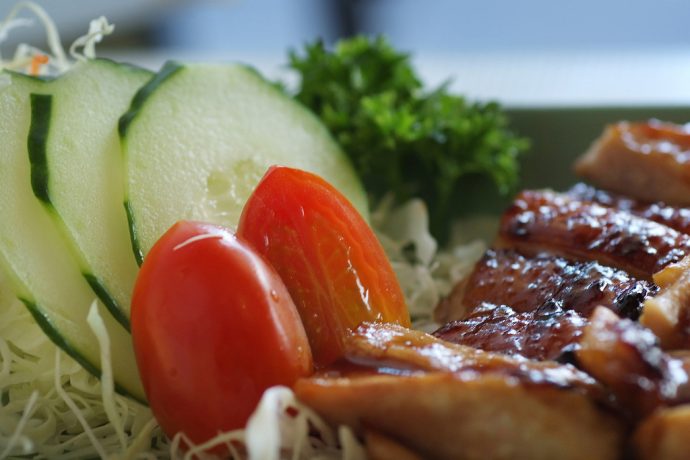Most people are baffled on how to make healthy foods part of their diet. As “baffling” as it may seem, making healthy foods need not be complicated or expensive. You don’t even have to go out of your way to purchase ingredients in order to make a “healthy” lunch or meal.
One of the greatest factors in making a healthy meal is the hand of the person who will be preparing it. Most, if not all, of the food-borne diseases can be blamed on person will be making it. Due to business and complications of life, food preparers would forego the washing of hands and just simply cut, chop and fry away! Some would wash before chopping and slicing, but would forget to wash again when they grab for an unpeeled onion or slicing from chicken to tomatoes. This tiny detail can cause bacteria to transfer from an onion’s skin to the hand and on to the meat. So, ALWAYS wash your hands even though it seems too menial a task.
Another factor are the utensils used for cooking. Do you wash the utensils you get from the cupboard before using it or do you, like most people, would simply trust that no roaches, ants or rats had crawled over them? One of the mistakes food preparers make is that they trust the cupboard’s door to keep the insects and rodents away. An insect as small as an ant has been crawling all over the place, so just imagine how much bacteria ONE ant has. Then imagine this tiny bacteria-filled ant strolling over your cooking counter, chopping board, knives and spatulas. Hmm…Bon Appétit!
The next factor is most especially true when hosting a party. When you’re hosting a party and you would like to show case your talents in the kitchen, you would usually start preparing the menu at least 3 hours before your guests starts arriving. After cooking the food, we would leave it on the table (covered or uncovered), then we’ll take a shower and freshen ourselves up (sounds familiar?). There is nothing wrong with this picture except that the food is getting cold while we wait and entertain our guests. And once the food gets cold, bacterial will start growing and infesting your work of art! This is the reason why caterers have chafing dishes. Bacteria won’t thrive in a temperature higher than 250 °F. Therefore, if you wish to save your guests from stomach flu, then better make sure that hot dishes remains hot and cold dishes remains cold.






